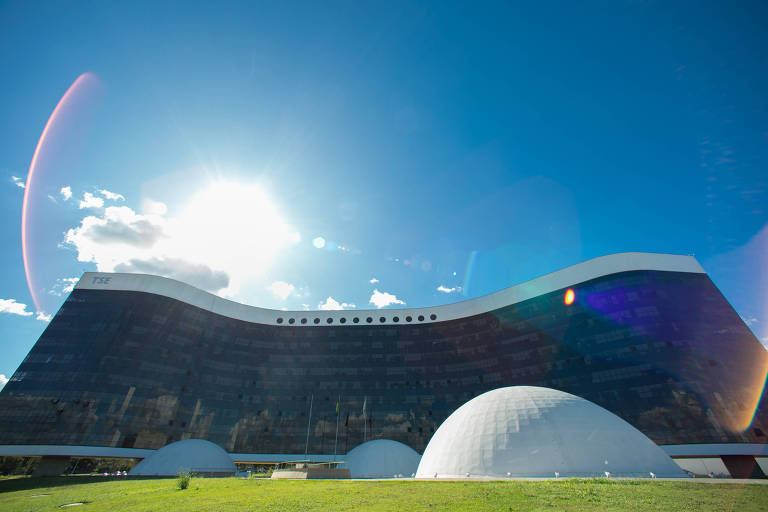The TSE (Superior Electoral Court) defined on Tuesday (27) the regulation of the use of artificial intelligence in electoral contexts and the absolute prohibition of deepfake use in electoral propaganda, already for the 2024 elections. The proposal was made by the rapporteur, Minister Cármen Lúcia, and accepted by the ministers. She established that artificial intelligence will be made with the requirement of identification labels for synthetic multimedia content. The use of AI may result in the revocation of registration and mandate.
The use of chatbots and avatars to mediate campaign communication was also restricted, which cannot simulate interaction with the candidate or another real person. The minister justified that they do not want "a chipped voter, where you put a chip and he lives under the illusion that it is the exercise of voting freedom." Regarding the prohibition of deepfake, a manipulation made with artificial intelligence, synthetic content in audio, video format, or a combination of both, that has been digitally generated or altered, was exemplified. These cases will be prohibited, even with authorization, to create, replace, or alter the image or voice of a living, deceased, or fictional person, which cannot be used to harm or favor a candidacy.
The TSE also decided on Tuesday that indigenous candidates must have quotas in the distribution of their parties' electoral funds and in the free electoral propaganda time on TV and radio. They must also follow the exact proportion and respect gender percentages in the same way established for black people. There is still no definition if the new rule would already apply to the municipal elections of 2024, which will still be evaluated by the technical area of the court. The TSE presidency will still carry out the necessary impact studies for regulation and analysis of the possibility of implementation for the 2024 or 2026 elections, given the electoral calendar.
